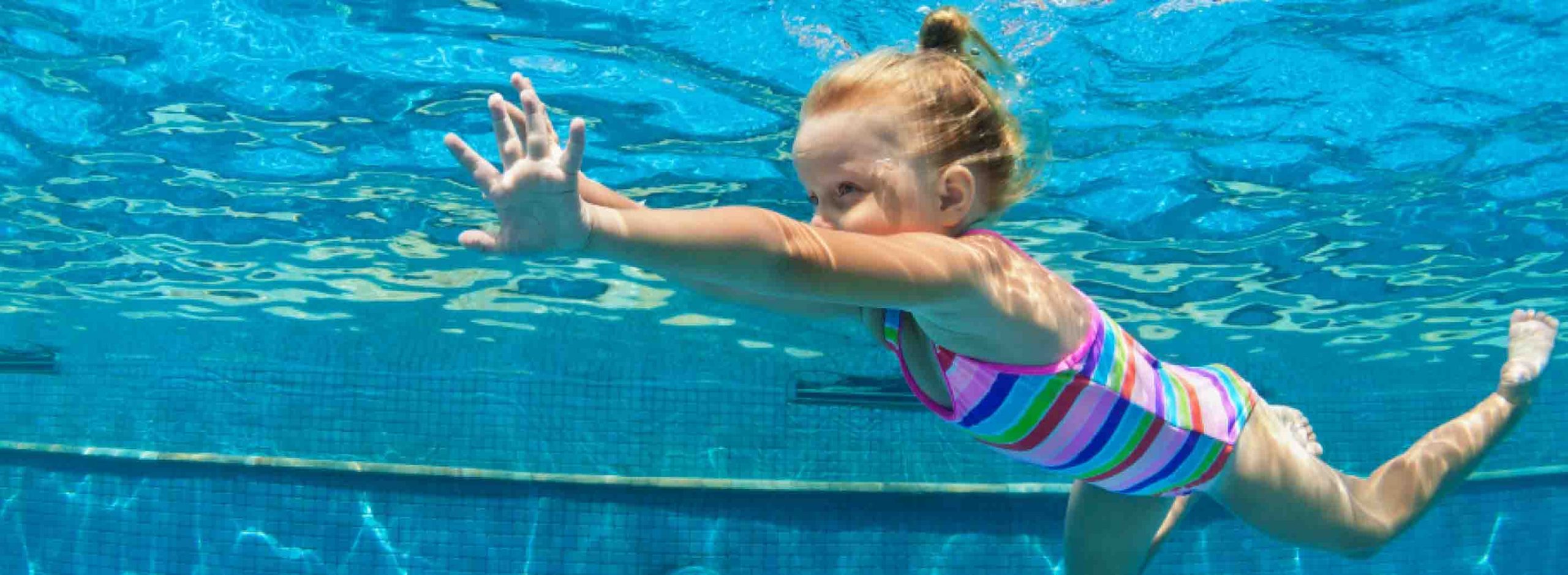Can Fibreglass Pools Be Saltwater?
Fibreglass pools have become increasingly popular over recent years. One of the most frequently asked questions by pool buyers is whether saltwater can be used in pools; the answer is yes.
The most common misconception regarding saltwater pools is that they are as salty as the sea. But this is untrue. It is so much less salty than the sea that, at most times, it is unnoticeable. While a chlorine pool uses huge amounts of chlorine in the form of tablets, powders, or liquid, a saltwater pool uses a salt-chlorine generator that converts salt into chlorine. The salt added should be enough to run the chlorinator. This will help to keep the pool healthy and clean without adding harmful chemicals to it.

Concrete pools and saltwater
It is not advisable to install a chlorinator in a concrete pool since it can cause gradual corrosion of its cement finish since dissolved salt can act as an abrasive. If a chlorinator is installed in a concrete pool, it will need to be resurfaced more frequently, making it a costly affair.
Vinyl pools and saltwater
Saltwater can cause galvanic erosion of vinyl pools that have steel walls. The salt will damage all the metal structures that are present in the pool.
Fibreglass pools and saltwater
Fibreglass pools are extremely compatible with salt-chlorine generators, and the pool shell acquires no detrimental effects due to the salt. The bacterial and algal growth in fibreglass pools is extremely low owing to their smooth and non-porous surfaces.
It is important to wash the area around the pool after every use to prevent the buildup of salt that can corrode metal fittings, if any.
A major consideration that features in buying a pool is its cost. When the cost of saltwater pools is compared to that of chlorine pools, it can be seen that saltwater pools are costlier than their counterparts. But this is offset by the fact that the salt used is quite cheap when compared to chlorine. It allows people to go to saltwater pools without causing much of a dent in their budgets.
Saltwater pools, like any other pool, have both benefits and drawbacks. All these points should be taken into consideration before deciding to buy a pool.
Wondering if your home is suitable for a Fibreglass Pool? Click here to find out!

Advantages of a saltwater pool
Saltwater does not have any adverse effects on the body, skin, or hair of people, whereas chlorine can have some caustic effects like making hair brittle. It is also advantageous that the amount of salt present in the pool is almost the same as that present in the human body.
The salt used is extremely safe and much easier to handle when compared to chlorine.
Saltwater is much softer when compared to chlorine water. This will give a more relaxed bathing experience.
Since chemical chlorine is not used in the pool, people will not retain the unpleasant chlorine smell after having a swim or bath.
Since the chlorinator is responsible for creating the chlorine, it ensures that a constant level of chlorine is maintained throughout the time the pump is on. This will eliminate the possibility of a chlorine overdose that may happen due to human error.
Since the chlorinators make the chlorine, there are no harmful chemicals in the chlorine, making the pool healthy. This is advantageous if there are kids who may accidentally swallow water. The water also does not cause stinging or burning in the eyes.
People with extremely sensitive skin or those who are prone to allergies can use this pool without any worries since the chlorine generated by the chlorinator is extremely safe.
Saltwater pools are equipped with disinfecting units which will help to regularly sterilise the pools and remove harmful contaminants. Hypochlorous acid that is released when salt and water are mixed is used for the decontamination procedure. This regular decontamination will avert all and any health hazards that may happen.
Saltwater pools require less maintenance when compared to chlorine pools.
Their running is more cost-effective in comparison to their counterparts.
Disadvantages of a saltwater pool
The interior of the pool may not be affected by the saltwater, but it can cause damage to the surrounding structures by corroding them. Structures having metal parts or beautifying elements like rocks or natural stone can be spoiled by them.
The chlorinator of the pool should be maintained on a regular basis; otherwise, the equipment can be corroded by the accumulating salt.
The salt cells of the pool need to be replaced every 3-7 years. This can create an added cost to people’s budgets.
It is possible for minerals to deposit on the salt cell, which can cause the pH of the pool to be imbalanced. In order to avoid this, it is advisable to avail of the services of professional pool cleaners and keep the pH level of the pool at its optimum level to avoid health issues.
The saltwater pool pump needs to run at least eight hours daily. In some cases, it can be even more than 8 hours. This may result in increased energy charges.
The initial cost of installing saltwater pools is extremely high when compared to conventional chlorine pools. This can be a discouragement to a lot of people who are installing the pool on a budget.
Click here for more information on Saltwater Fibreglass Pools!

It is important to consult a professional before making any decision to buy a pool. This will help the pool buyers assess all the benefits and drawbacks of the pool. It will also give them a clear picture of the efficient operation and maintenance of the pools, as well as how to run the pool economically without incurring any additional costs on unnecessary repairs. It is also necessary to install compatible guards or rails to avoid corrosive damage.
Saltwater pools are preferred by a lot of people due to their easy maintenance and lower running costs. Many people also choose these types of pools since they are the healthier options. Although their initial cost is higher, the overall lower operational cost makes them an attractive investment.

